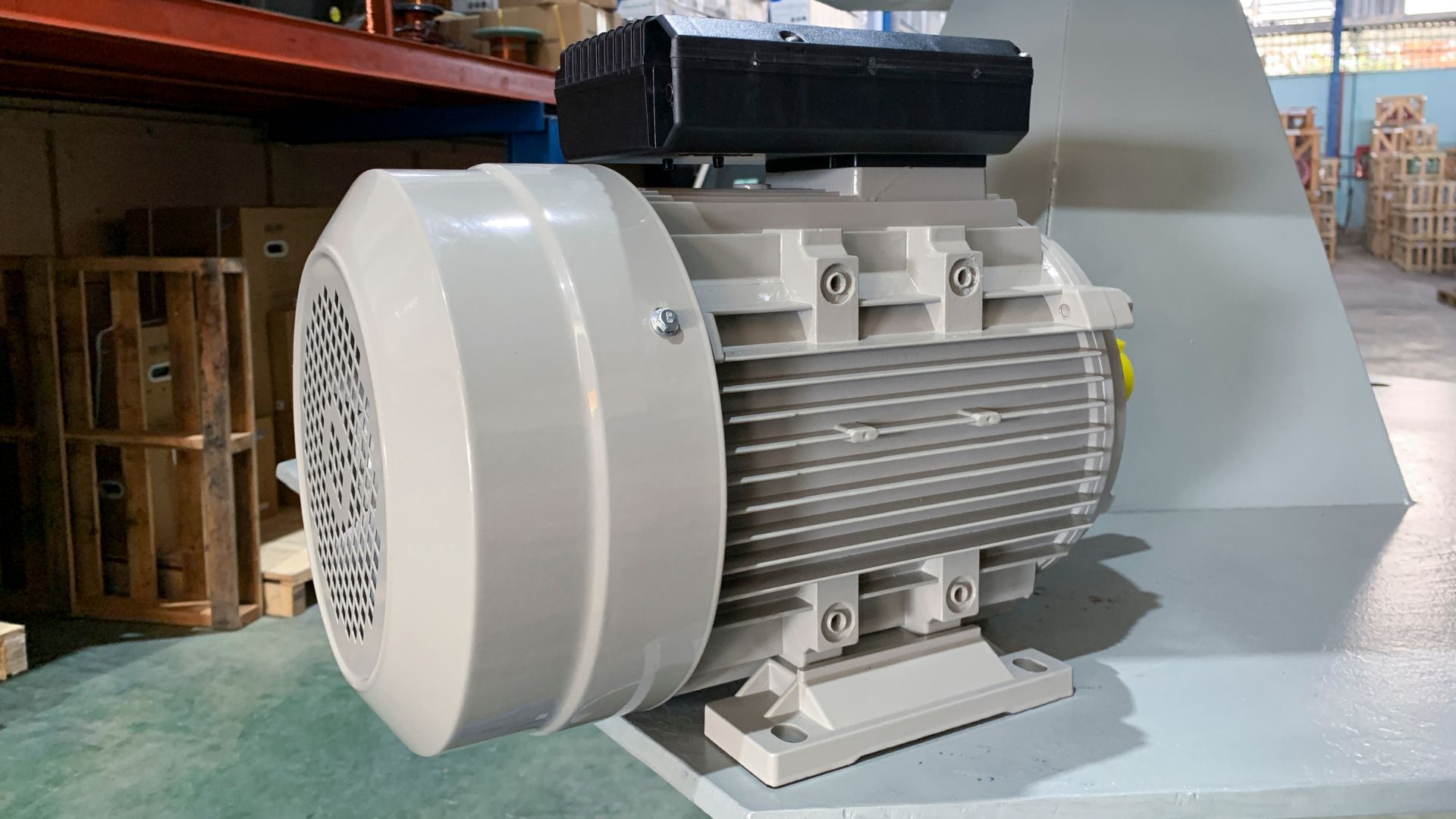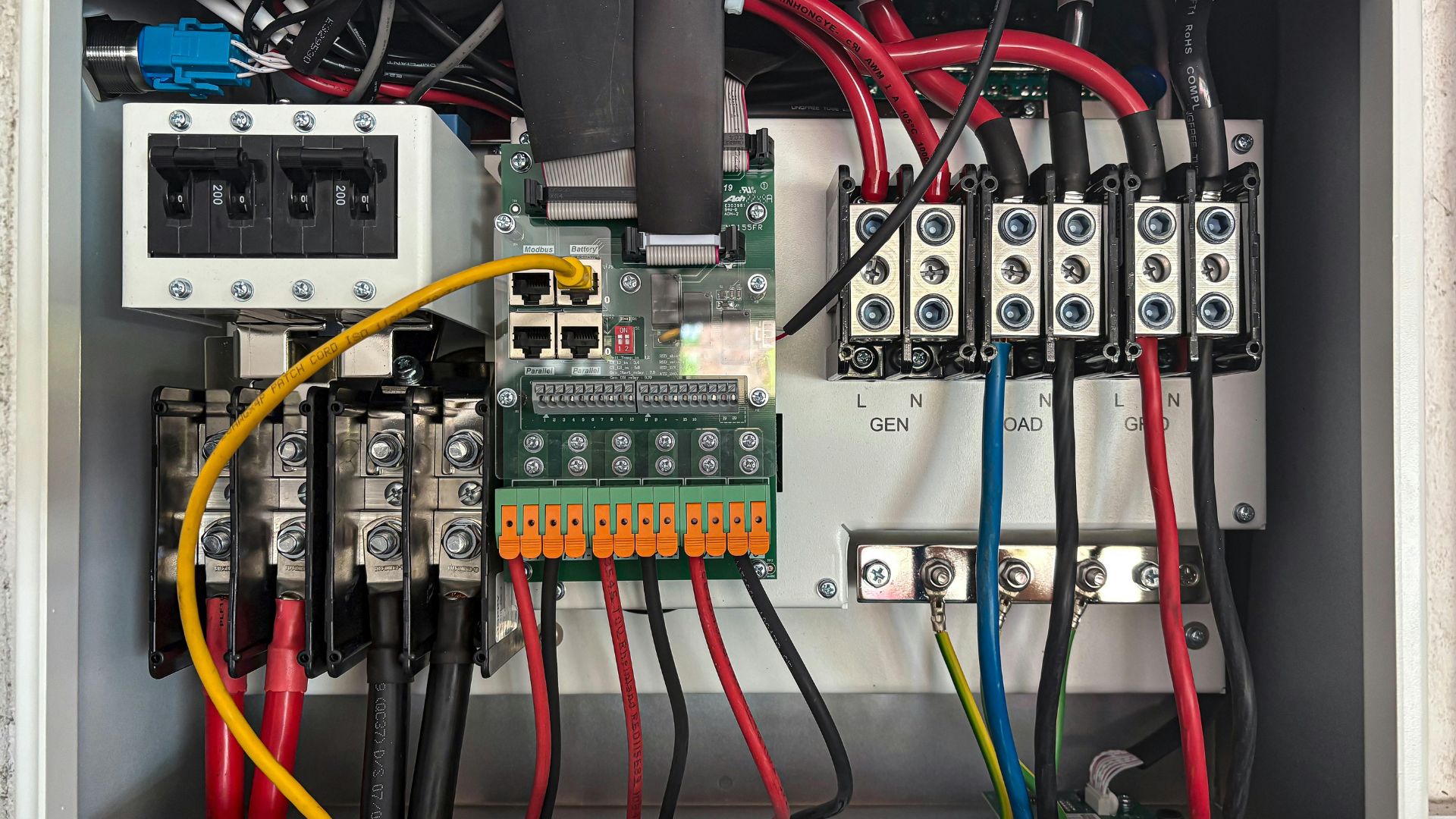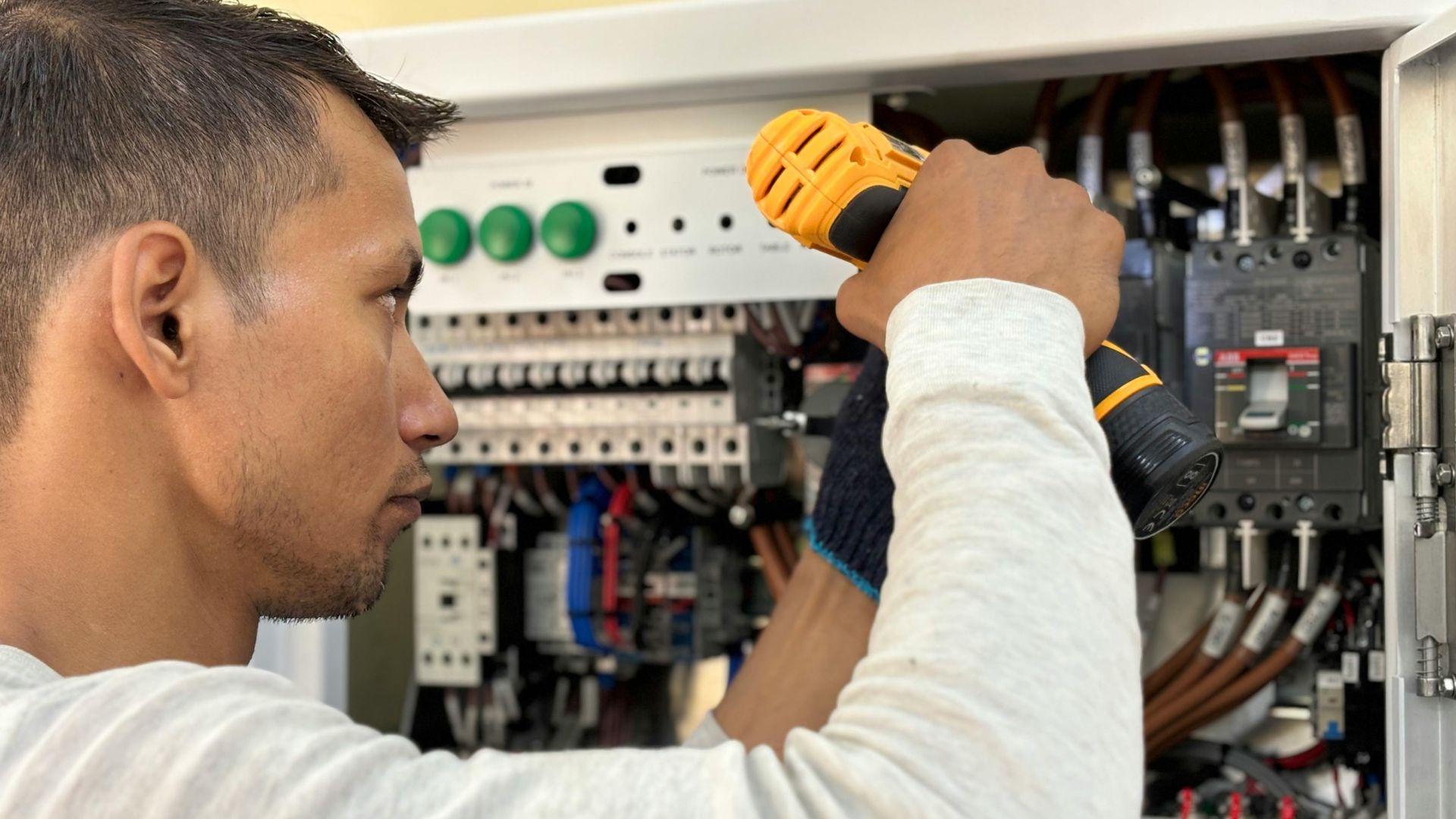Latest automobile technologies in 2025
A guide for students and trainees
The automotive industry is increasingly utilizing new techniques that make vehicles smarter, safer, and more efficient. In 2025, cars are no longer just machines for transportation; they are advanced systems that combine electronics, artificial intelligence, renewable energy, and smart connectivity.
For students, mechanics, and training seekers, understanding these techniques is important to create a strong career in the motor vehicle field. This guide highlights the latest automobile technologies and training and future job opportunities in 2025.
1. Introduction to modern automobile technologies
Traditional mechanical systems are being replaced or extended by digital, electric, and smart innovations. Today's vehicles include advanced electronics, AI-powered software, and environmentally friendly solutions.
Why students should learn this:
• Increases job opportunities in Nepal and abroad.
• Preparations for the future automobile workshops prepared for the future.
• Creates practical skills in both repair and innovation.
2. Key Automobile Technologies in 2025
2.1 Electric Vehicles (EVS)
• EVs are mainstream with better battery performance and charging infrastructure.
• EV maintenance and training in battery management and charging systems are in excessive demand.
2.2 hybrid vehicle
• Hybrid cars combine fuel engines with electric motors.
• Trainees should learn dual power system troubleshooting and fuel efficiency optimization.
2.3 Autonomous Driving Car)
• Cars use AI, cameras, sensors, and radar to drive with minimal human input.
• Skills, AI diagnostics, and software updates are required in sensors.
2.4 Advanced Driver Assistance System (ADAS)
• Lane Assist, automatic braking, parking sensor, and blind-spot detection.
• The training focuses on calibrating the sensor and maintaining the ADAS module.
2.5 connected cars (IOT integration)
• Cars are now connected to the Internet for navigation, remote monitoring, and real-time updates.
• Knowledge of clinical software and IOT systems is becoming important.
2.6 Hydrogen Fuel Cell Vehicle
• Uses hydrogen in the form of fuel and only produces water vapour as an exit.
• Training includes fuel cell stack maintenance and hydrogen safety protocols.
2.7 Smart Infotainment System
• Vehicles have advanced dashboards, touchscreens, and voice-controlled features.
• Students should learn the integration of infotainment with vehicle electronics.
2.8 permanent materials and light design
• To improve automakers' efficiency, use environmentally friendly, recycled, and light materials.
• Training involves understanding modern motor vehicle manufacturing processes.
3. Modern automobile technology requires tools and skills to learn
• Diagnostic scanners and software tools—for EVs and connected cars.
• Battery analyst and charging equipment—for EV maintenance.
• Calibrate sensor equipment—for ADAS and autonomous systems.
• Programming basics (AI & IOT)—to understand the digital vehicle system.
• Mechanical and electrical skills are still important for hybrids and traditional systems.
4. Security precautions in automobile technology training
• Always disconnect the battery before working on EVS.
• Use untouched tools when handling the high-voltage system.
• Follow proper hydrogen storage and handling security for fuel cell vehicles.
• Wear protective gear (gloves, glasses, shoes) while working on workshops.
5. Career opportunities in automobile technology
By learning these latest techniques, students can get opportunities:
• EV workshops and service centers
• International Motor Vehicle Industry
• Car construction companies
• Transport and Logistics Firm
• Entrepreneurship—opening an EV charging station or repair center
final thoughts
The automobile industry is shaping the future of mobility in 2025. There are many advanced technology vehicles, such as electric, hybrid, and self-driving and connected systems, that need skilled technicians. To manage smooth automobile maintenance, we need expert technicians who understand both mechanics and modern electronics.
If you want to stay ahead in this field, enrolling in a professional automobile training program will give you knowledge, certification and better career opportunities in Nepal and abroad. For more details, explore our automobile training in Nepal.
Recent Post
-
 03 Feb 2025
03 Feb 2025How to Become a Plumber in Nepal
-
 11 Aug 2025
11 Aug 2025Common Digital Marketing Mistakes to Avoid
-
 12 Aug 2025
12 Aug 2025How to Become a Professional Video Editor
-
 13 Aug 2025
13 Aug 2025The Impact of AI on the Future of Graphic Design
-
 13 Aug 2025
13 Aug 2025How to Secure Your WordPress Site from Hackers
-
 14 Aug 2025
14 Aug 2025Common AC Problems and How to Fix Them
-
 14 Aug 2025
14 Aug 2025Career Opportunities in Motor Rewinding in Nepal
-
 17 Aug 2025
17 Aug 2025Different Types of Welding and Their Uses
-
 18 Aug 2025
18 Aug 2025How to Plan and Install Industrial Wiring
-
 19 Aug 2025
19 Aug 2025Top Tools Every Motorbike Mechanic Need





